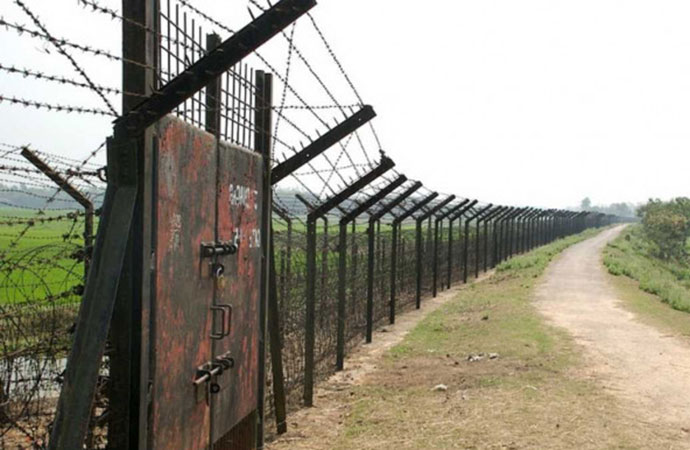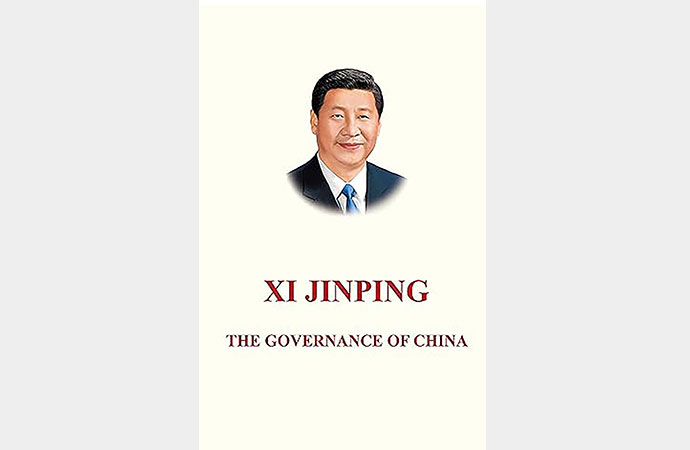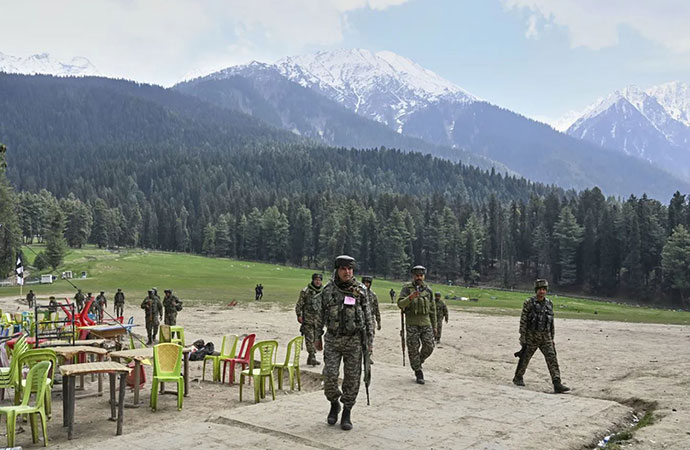Featured 1

Representational image. Photo: Collected
We are alarmed, and rightfully so, at the seeming resort to 'push-ins' by the Indian authorities, in order to return Bangladeshi nationals who may have been residing in India without proper documentation. More specifically, the drives seem to be aimed at Bangladeshi Muslims, and have even included some Rohingyas who are obviously not Bangladeshis, and so the state here has no responsibility towards them - at least no more than India itself.
It all started on May 7 and 8, as the Indian Border Security Force (BSF) pushed some 202 people into Bangladesh through various unpopulated stretches of the border, mostly in Khagrachari. They were mostly picked up by the Border Guards Bangladesh (BGB). Reports indicated that at least 200 to 300 more people remained gathered near the Khagrachari border.
Earlier in the week, the BGB chief had said that due to increased patrol and vigilance since May 7, no further push-ins had occurred. However, BSF had placed 78 individuals on a ship and abandoned them at Mandarbaria, a remote char in the Sundarbans. These individuals had to be later rescued by the Coast Guard. Clearly, some of the tactics being employed here by the BSF are completely out of line, and bereft of humanity. Not only are the individuals being deprived of their right to due process, it is in clear violation of existing agreements between states. Another large push-in occurred this week, as 60 more individuals were pushed-in through two border outposts in Moulvibazar and Zakiganj of Sylhet.
Bangladesh had already sent a diplomatic note to India protesting the incidents of May 7 and 8. Diplomatic sources confirmed that the note was sent on 9 May, requesting an immediate halt to such actions. The letter stated that the recent actions are seriously affecting the overall security situation and creating negative perceptions among the public. These push-ins, it said, violate the 1975 Joint India-Bangladesh Guidelines for Border Authorities, the Coordinated Border Management Plan (CBMP) of 2011, and the mutually agreed decisions reached during BGB-BSF Director General-level talks.
But it seems to be a new pillar of India's state policy, to deal with illegal immigrants in this way, where they are entitled to less than ordinary human beings. "The new method is being used to cut down on the state's resources since arrest, appearance before court and imprisonment for months takes up time and resources without any concrete results," an Indian official familiar with the matter told The Hindu this week.
The official added that the exercise to push back illegal immigrants into Bangladesh at the border has been happening at least four times a month in the recent past - again, disturbing if true. The Hindu itself has reported at least one such incident that occurred on April 23.
Bangladeshi officials also noted that some of the individuals pushed over are not just Rohingya, they are even registered as refugees under UNHCR India. While the Rohinyas who escaped from camps in Bangladesh were returned to their respective camps, these individuals pose a different problem altogether. Whatever the case may be, such unilateral actions undermine relations between neighbours. The problem of illegal immigration is a real one. The way to solve it will require states working together and acknowledging every individual's innate dignity. 'Push-ins' can never be an alternative to repatriation.

























Leave a Comment
Recent Posts
Right On Schedule
The most eagerly anticipated, and frankly hyped up, announcement of an ...
Fighting raged along the borde ...
Fighting raged along the border of Cambodia and Thailand, with explosi ...
ICIMOD drives regional cooperation to inspire new mo ..
The Cage of Captivity and the Cry for Freedom: A Cru ..
Why Japan issued an advisory for a possible megaquak ..
The Autocrats’ War on Universities